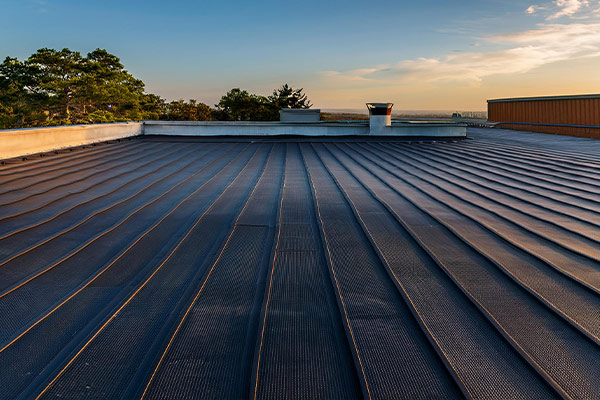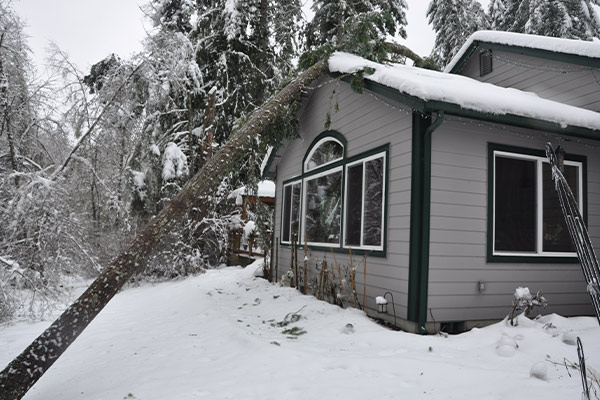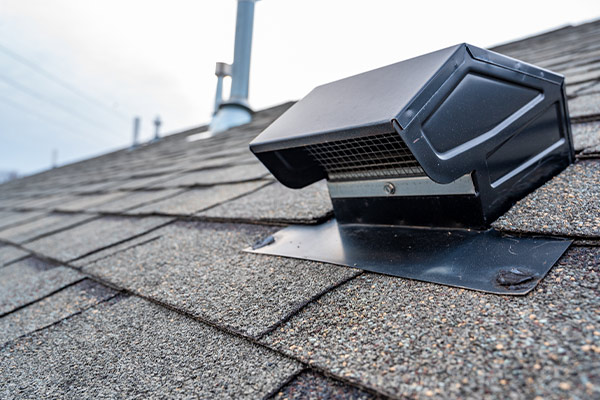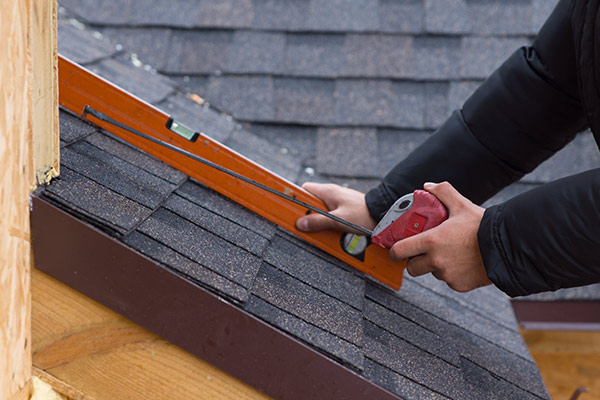Table of Contents
ToggleWhen it comes to commercial buildings, the type of roof you choose can have a significant impact on the overall performance and longevity of your property. Surprisingly, studies show that nearly 80% of all commercial roofs are not properly installed or maintained, leading to costly repairs and premature replacements.
Contractors play a crucial role in guiding businesses toward the right roofing solutions that align with their specific needs and budgets. By understanding these options, contractors can help their clients make informed decisions that ensure durable and efficient roofing systems for their commercial properties.
Common Types of Commercial Roofs
Commercial roofing systems are as varied as the businesses they protect, with each type offering unique benefits and applications. When selecting a roofing system, it’s important to consider factors such as building design, climate, and budget.
The most common commercial roof types provide a range of options that cater to different needs, ensuring businesses have durable, long-lasting protection for their properties. Below, we explore these common roofing systems, starting with flat roofs.
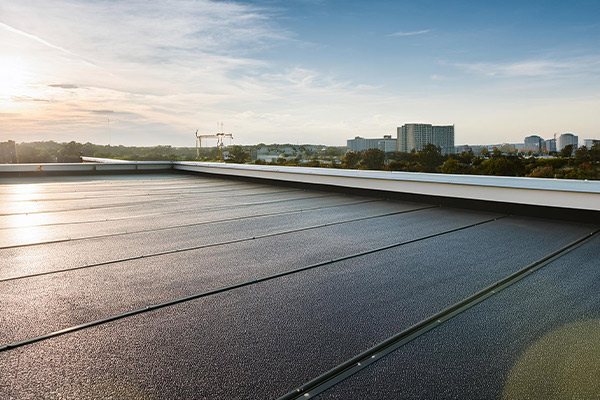
Flat Roofs
Flat roofs are one of the most common types of commercial roofing systems. They have a low slope, which allows for easy installation and maintenance. Flat roofs are typically made from materials such as asphalt, metal, or membrane options like EPDM or TPO.
These materials provide durability and protection against weather elements. Contractors often recommend flat roofs for commercial buildings like warehouses, factories, and retail stores.
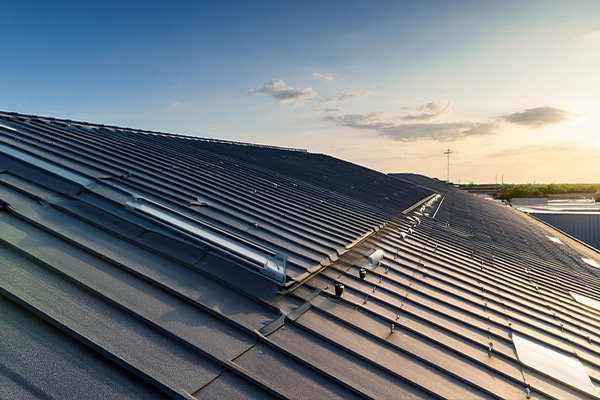
Sloped Roofs
Sloped roofs are another popular choice for commercial buildings. They have a steeper pitch compared to flat roofs, allowing for better water drainage. The most commonly used materials for sloped roofs are asphalt shingles, metal panels, or tile.
Asphalt shingles are cost-effective and easy to install, making them a popular choice for commercial properties. Metal panels offer durability and longevity, making them suitable for buildings that require long-term protection.
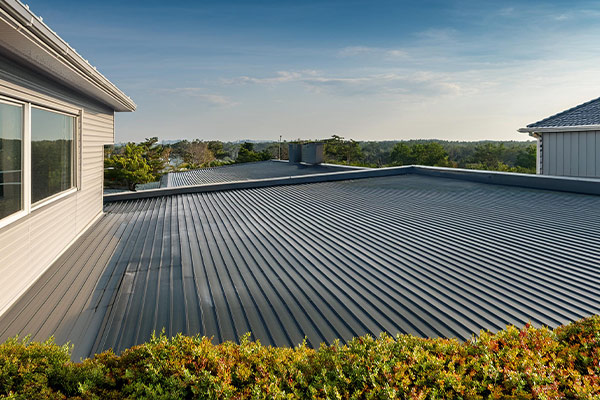
Low-Slope Roofs
Low-slope roofs, also known as low-pitch roofs, have a slight incline but not as steep as sloped roofs. These roofs are commonly found in commercial buildings such as offices, schools, and hospitals. The materials used for low-slope roofs include asphalt, metal, or membrane options like PVC or modified bitumen. These materials provide excellent waterproofing and insulation properties.
Commercial roofs serve various industries and applications. Flat roofs are ideal for large industrial buildings due to their simplicity and cost-effectiveness. Sloped roofs are commonly seen in residential-style commercial properties like hotels or apartment complexes. Low-slope roofs are often used in commercial buildings where energy efficiency is a priority.
Contractors play a crucial role in assessing the needs of a commercial building and recommending the most suitable roofing type based on factors such as budget, location, and building requirements. By understanding the different types of commercial roofs and their applications, contractors can provide effective solutions for their clients.
Single-Ply Roofing Systems
Due to their versatility and performance, single-ply roofing systems have become a popular choice in the commercial roofing industry. These systems consist of flexible sheets of synthetic materials designed to provide a high level of protection against the elements while being relatively easy to install.
Single-ply membranes are known for their adaptability to various roof shapes and sizes, making them an ideal solution for a wide range of commercial buildings. Below, we delve into the key characteristics that make single-ply roofing systems a top choice for contractors and building owners alike.
Characteristics of Single-Ply Roofing Systems
Single-ply roofing systems are a popular choice for commercial roofs due to their many advantageous characteristics. One key feature of single-ply roofing systems is their flexibility, which allows them to adapt to various roof shapes and sizes. This flexibility makes them suitable for both flat and sloped roofs, providing contractors with versatility in their projects. Furthermore, single-ply roofing systems are lightweight, reducing the overall load on the building’s structure. This is particularly beneficial for older structures or buildings with weight restrictions.
Types of Single-Ply Membranes
There are several types of single-ply membranes available for commercial roofing applications. TPO (Thermoplastic Olefin) membranes offer excellent weather resistance and energy efficiency. They reflect sunlight, reducing the heat absorbed by the building and lowering cooling costs. PVC (Polyvinyl Chloride) membranes are known for their durability and resistance to UV radiation and chemicals. These membranes are also fire-resistant, making them a safe choice for commercial buildings. Another common type of single-ply membrane is EPDM (Ethylene Propylene Diene Terpolymer), which is highly durable and can withstand extreme weather conditions.
Ease of Installation and Maintenance
One significant advantage of single-ply roofing systems is their ease of installation. These systems can be installed quickly and efficiently, saving contractors time and labor costs. The lightweight nature of single-ply membranes contributes to this ease of installation, as they can be easily maneuvered and secured in place. Single-ply roofing systems require minimal maintenance compared to other types of commercial roofs. Regular inspections and simple cleaning routines are typically sufficient to keep these roofs in good condition, reducing long-term maintenance expenses for building owners.
In summary, single-ply roofing systems offer flexibility, lightweight construction, and ease of installation and maintenance. With various types of single-ply membranes available, contractors can choose the most suitable option for each commercial roofing project. These systems provide reliable protection and energy efficiency while minimizing long-term costs for building owners.
Built-Up Roofing Benefits
Built-up roofing, often referred to as BUR, has been a cornerstone of commercial roofing for decades due to its robust construction and proven longevity. This type of roofing system is particularly valued in environments where durability and resistance to harsh weather conditions are paramount.
Built-up roofing systems are composed of multiple layers that work together to create a durable, weather-resistant surface that can stand the test of time. Below, we explore how the durability and layered construction of BUR systems contribute to their widespread use in commercial applications.
Durability and Layered Construction
Built-up roofing systems are known for their exceptional durability, making them a popular choice among contractors. These roofs consist of multiple layers of materials that work together to create a strong and resilient surface. The layers typically include alternating layers of bitumen, asphalt, and reinforced fabrics such as fiberglass or felt.
The layered construction of built-up roofing provides several benefits. First, it enhances the roof’s ability to withstand various types of damage, including punctures, tears, and impact from hail or debris. This is particularly important for commercial buildings that may be exposed to harsh weather conditions or heavy foot traffic.
Furthermore, the multiple layers contribute to the roof’s longevity. With proper installation and regular maintenance, a built-up roof can last for decades. This longevity translates into cost-effectiveness over time, as building owners can avoid frequent replacements or major repairs.
Cost-Effectiveness and Longevity
One of the key advantages of built-up roofing is its cost-effectiveness over the long term. While the initial installation costs may be higher compared to some other roofing options, the extended lifespan of built-up roofs makes them an economical choice in the long run. Building owners can benefit from significant savings by avoiding premature roof replacements with the help of a commercial roofing company.
The durable nature of built-up roofing reduces the need for frequent repairs. The multiple layers provide added protection against leaks and water damage, minimizing the risk of costly repairs or interior damage caused by water infiltration.
Excellent Waterproofing and Weather Resistance
Another notable benefit of built-up roofing is its excellent waterproofing properties. The layers of bitumen and asphalt create a watertight barrier that effectively prevents water penetration. This is crucial for commercial buildings where water leaks can disrupt operations and cause extensive damage to equipment and inventory.
Furthermore, built-up roofs exhibit impressive resistance to harsh weather conditions. They can withstand extreme temperatures, UV radiation, high winds, and even fire. This resilience makes built-up roofing a reliable choice for buildings located in areas prone to severe weather events.
In summary, built-up roofing offers numerous benefits for commercial buildings. Its layered construction enhances durability and longevity, providing long-term cost-effectiveness. The excellent waterproofing properties and resistance to harsh weather conditions make it a reliable choice for building owners seeking a durable and low-maintenance roofing solution.
Metal Roofing Options
Metal roofing has gained significant popularity in the commercial sector, not only for its sleek, modern appearance but also for its unmatched durability and energy efficiency. Offering a variety of materials, metal roofs can be tailored to meet the specific aesthetic and functional needs of different commercial buildings.
The choice of metal roofing material can greatly influence the roof’s performance, lifespan, and maintenance requirements. Below, we explore the most common types of metal roofing materials and their distinct advantages for commercial properties.
Types of Metal Roofing Materials
Metal roofing offers various options for commercial buildings. Steel, aluminum, and copper are the most common types of metal roofing materials used in commercial construction.
Aesthetic Appeal and Design Versatility
One of the key advantages of metal roofs is their aesthetic appeal and design versatility. Contractors can choose from a wide range of colors, finishes, and profiles to suit the architectural style of the building. Metal roofs can be designed to mimic traditional roofing materials such as shingles, tiles, or even slate. This allows contractors to achieve the desired look while benefiting from the durability and longevity of metal.
Energy Efficiency Benefits
Metal roofs are known for their energy efficiency, making them an attractive option for commercial buildings. The reflective properties of metal help reduce heat absorption, keeping the building cooler in hot weather. This can result in lower cooling costs and increased energy savings over time. Metal roofs can be installed with insulation layers, further enhancing their energy efficiency performance.
Potential for Long-Term Savings
Investing in a metal roof can lead to long-term savings for commercial building owners. Metal roofs, installed by a commercial roofing company, are highly durable and resistant to weather damage, such as hail or high winds. They also have a longer lifespan compared to other roofing materials, reducing the need for frequent repairs or replacements. This translates into cost savings over the life of the roof.
Commercial Roofing Options and Expert Recommendations by Roofs R Us
This article has provided an overview of the different types of commercial roofs, including single-ply roofing systems, built-up roofing benefits, metal roofing options, and green and solar roofing solutions. Each section highlighted the key features and advantages of these roofing options, demonstrating their suitability for various commercial applications.
The information presented here can assist contractors, including those at Roofs R Us, in making informed decisions when selecting the most appropriate roofing system for their clients’ needs. By understanding the characteristics and benefits of each type of commercial roof, Roofs R Us can recommend the best solutions based on factors such as durability, energy efficiency, and environmental impact.
To ensure successful commercial roofing projects, Roofs R Us carefully considers each building’s specific requirements and consults with industry experts if necessary. This ensures high-quality results that meet clients’ expectations while providing long-lasting protection for commercial properties.
